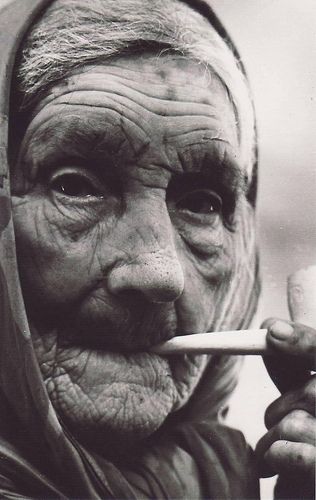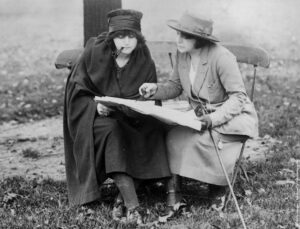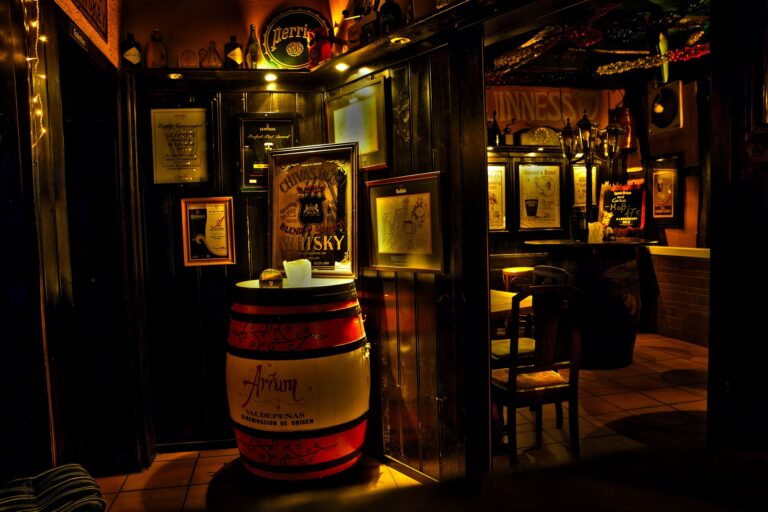 Ireland was the first country in the world to ban smoking indoors. The restrictions on tobacco and nicotine products are many, but it is still possible to buy cigarettes and vaping equipment in Dublin. Here’s how.
Ireland was the first country in the world to ban smoking indoors. The restrictions on tobacco and nicotine products are many, but it is still possible to buy cigarettes and vaping equipment in Dublin. Here’s how.
How Do I Buy Cigarettes in Dublin?
You can buy cigarettes in Dublin from these vendors:
- Retail stores
- Self-service vending machines
- Dublin Airport from duty-free shops
- Registered and licensed clubs and retail stores
How old do you have to be to buy cigarettes in Ireland?
The legal age to buy cigarettes in all cities of Ireland is 18 years and older.
How Much Do Cigarettes Cost in Dublin?
You can expect to pay €15 for a packet of cigarettes in the most popular price category.
International Cigarettes Brands in Ireland and Their Costs
Here are the average costs of international cigarette brands you can find in Ireland:
- Silk Cut – €15
- Mayfair – €13.60
- JPS – €14.85
- John Player Blue– €15
- Pall Mall – €13.30
- Benson and Hedges – €15.30
- John Player Special – €13.30
- Marlboro – €14.70
- Camel – €14.80
- L&M – €12.50
- Superkings – €15.10
- Dunhill– €15.20
- Rothmans – €15.20
- Vogue – €14.80
Local Cigarettes Brands in Ireland and Their Costs
Here are the average costs of local cigarette brands you can find in Ireland:
- Carrolls – €15
- Major – €18.60
PJ Carroll distributes several international cigarette brands in Ireland such as Dunhill, Pall Mall, and Rothmans.
Where am I not allowed to smoke in Dublin?
Here’s a list of places smoking is prohibited in all cities in Ireland, including Dublin:
All Indoor Workplaces and Public Spaces
- Smoking is prohibited in indoor workplaces and public spaces. The exemptions include:
- Prisons (Prison authorities can either enforce a “no-smoking” rule on the entire prison or designate specific rooms for smoking)
- Hotels and lodgings (smoking is prohibited in all public areas but not in bedrooms)
- Living accommodations (hospices, nursing homes, higher educational facilities, and psychiatric institutions)
Since several of these places on the exemption list may double as a workplace for some, their regulatory status is “Smoking is Restricted.” For home offices and workplaces situated within a residential area, people need to be mindful when smoking to limit others’ exposure to second-hand smoking.
Moreover, under World Health Organisation’s (WHO) first treaty called the Framework Convention on Tobacco Control (FCTC), each party is responsible for removing all exemptions within five years to create a smoke-free environment.
However, domestic legislation doesn’t make doing so an immediate requirement for workplaces, public transport, and indoor public spaces found under the exemption category.
All Public Transport
- Smoking is prohibited on all public transport. This includes:
- Commercial aircrafts
- Commercial watercrafts
- Trains
- Any mode of public transportation such as shared transportation and taxis
Government Facilities
- Smoking is prohibited in all government facilities. This includes:
- Any building used by the public
- Any building that belongs or is in use by the State, the Commissioners of Public Works in Ireland, Minister of the Government, or a body created under or by an Act of Oireachtas.
Residential Healthcare Facilities
- Smoking is prohibited on health premises but permitted in rooms designated for smoking. Health premises include:
- Hospitals
- Sanatoriums
- Laboratories
- Clinics
- Health Care Centres
- Homes
- The following are exempt from the smoking ban:
- Nursing homes
- Psychiatric Institutions
- Hospices
Under WHO’s treaty, the places on the exemption list should take measures to create a 100% smoke-free premise.
Non-residential Healthcare Facilities and Childcare Facilities and Preschools
- Smoking is prohibited in all non-residential healthcare facilities and childcare facilities and preschools.
Universities and Vocational Facilities
- Smoking is prohibited in all universities and vocational facilities but is permitted in rooms used for living accommodation.
According to WHO’s guidelines, higher educational institutions need to work towards creating a 100% smoke-free environment.
Here’s a List of Places Where Smoking is Prohibited:
- Shops and stores
- Cultural facilities
- Indoor stadiums and arenas
- Restaurants
- Private offices
- Bars, pubs, and nightclubs
- Casinos
- Public transport facilities such as waiting areas
- Vehicles with a child who is under the age of 18
What is the Law Regarding Smoking in Bars and Pubs?
According to the Public Health (Tobacco) Act enacted in 2002 and amended in 2004, smoking in bars and pubs is prohibited as they are considered a place of work. However, Section 47 lifts the smoking ban on bars and pubs that have installed a movable or fixed roof to their outdoor space. These establishments also have to make sure that one or more walls don’t take up more than 50% of their outdoor space’s perimeter.
What this means in practice is that there are many “courtyards” out the back of pubs that are decorated as if you are inside, fitted with heaters, seating, tables, bar chairs, pictures on the walls, and ashtrays. You may be outside but you feel like you’re inside! Some say that these areas are where the craic is mightiest.

What are the rules on e-cigarettes or Vaping in Dublin?
 Retailers can sell vapes if they meet the device, maximum nicotine concentration, and packaging requirements. The main policies on vaping are as follows:
Retailers can sell vapes if they meet the device, maximum nicotine concentration, and packaging requirements. The main policies on vaping are as follows:
- Can vape in indoor public places, public transport, and workplaces.
- Vaping isn’t allowed in health service facilities.
- Since there’s no national regulation banning the use of vapes, public transport providers have enacted their own policy on vaping with many of them banning its use in their vehicles.
- Can’t advertise and promote vapes and refill containers.
- Can advertise and promote vapes in trade publications that don’t cater to the European Union market, as they are printed and circulated in third countries.
- It prohibits all forms of private and public contributions to events, radio programs, or influencers with the purpose of promoting vapes and refill containers.
- Cross-border retailers targeting Ireland from an EU member state or targeting EU member states from Ireland need to register with the Health Service Executive to sell vapes online.
- Cross-border retailers selling vapes and refill containers over the internet can’t sell them to customers living in an EU state where the sale of these products is prohibited.
- Cross-border retailers can’t use language on their website that promotes vapes and refill containers.
By now, you should be familiar with the cigarette and vaping laws in Dublin, Ireland. It’s crucial to brush up on the smoking laws of the country you’re in if you intend to start a business selling tobacco products or want to purchase cigarettes.












